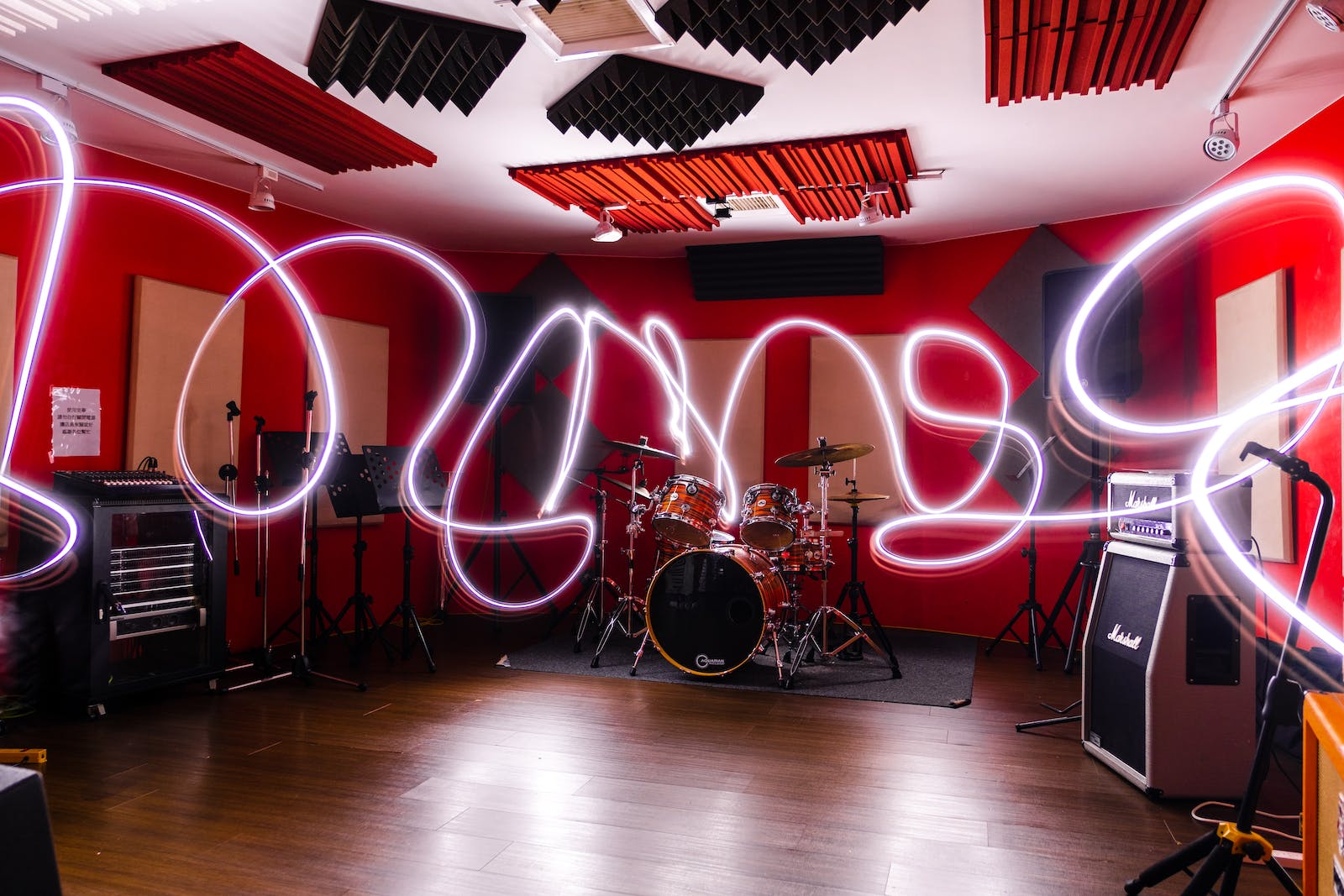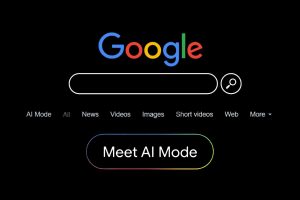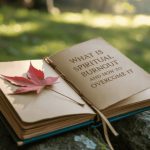Nowadays, musicians can bond and strengthen their relationships with their fans using NFTs.
The music industry, one of the oldest entertainment industries, has experienced many technological advances throughout time, so it’s no wonder non-fungible tokens’ (NFTs) time has arrived. They’ve enhanced widespread adoption and helped artists reach any audience worldwide, thanks to the digitalisation of music. Digital distribution also gifted individuals with unlimited access to music.
Advances in distribution also brought about drawbacks in music monetisation. The way musicians gain profits in a digital format has lowered media or video revenue margins. Artists like musicians have been pushed back to making money from offline endeavours like selling customised clothing or organising concerts as the online landscape has gathered middlemen who want a piece of the pie. According to the CEO at MetaTokyo, Takayuki Suzuki, Web3 and current platforms help artists enter a new chapter of the music industry.
Keep reading to see how NFTs can transform the music industry and how they can benefit everyone.
The Power of Music NFTs
Many people saw NTFs rise into the public consciousness as JPEG images requiring exorbitant prices to be traded. As a result, there was a widespread misconception about NFTs and their purpose. To clear up this confusion, one must understand that an NFT is a one-of-a-kind digital item that can hold any data. It can theoretically be anything as long as it can be represented virtually. An NFT’s uniqueness is linked to its ownership rights, as they can be confirmed and enforced without the need for authorisation and only by using blockchain technology.
To help you broaden your imagination, here is a small list of things that can be turned into an NFT:
- Physical objects like flowers, pets, clothing, real estate, etc. (Keep in mind that enforcing ownership rights over tokenized physical stuff necessitates complying with current laws.)
- Company shares
- Code
- Art.
Music is one type of digital property that can benefit from NFT technology, and fortunately, several visionaries have already jumped in and started exploring the possibilities. With Singular 2.0’s recent release, there’s never been a better time to be at the cutting edge of NFT innovation with music NFTs.
However, not every artist is able to create music NFTs because some don’t understand the numerous possibilities of NFTs, specifically RMRK 2.0 NFTs.
How to Buy, Create, and Sell Music NFTs
Now that you know what music NFTs are and their potential, it’s time to get familiar with purchasing methods. You can buy and sell them on websites popular for audio and visual NFTs or marketplaces created solely for a special kind of music NFT known as an LDA (Limited Digital Asset). An LDA’s purpose is to allow artists to share royalty rights with their fans and choose a percentage of their choice, encouraging rights holders to remix and share their music.
You likely own or have friends who own Ethereum, as it’s the second most popular cryptocurrency worldwide. To buy music NFTs, you have to own cryptocurrency. Check the Ethereum price USD and if you’re comfortable with its price, buy Ethereum and connect your digital wallet to an NFT marketplace. After that, you can start investing in NFTs.
Or you may go one step further and try to create NFTs yourself, even though it’s not easy peasy lemon squeezy. Here are the basic steps to doing it:
- Figure out what you want to create
- Choose a blockchain like Ethereum, Solana, etc.
- Set up an NFT wallet that supports multiple blockchains
- Choose an NFT platform, preferably one that offers a full-service marketplace to list and sell NFTs
- List the NFTs for sale (some platforms provide this service for free).
How NFTs Can Transform the Music Industry
You can count the ability to form communities around token owners as one of the many use cases for NFTs. The rise of decentralised autonomous organisations tested the digital coordination of these communities. This means that independent musicians looking to innovate in the next generation of the music industry are suddenly finding possibilities to do so.
Web3 platforms are in their infancy but have the potential to become an important part of the way artists and labels do business and advertise themselves as the industry evolves. Most users are crypto-savvy and understand the basics of cryptography and on-chain interaction.
This technology has the potential to enable interactions between like-minded people, breaking down any previous obstacles to building a solid community. Web3 may pave the way for monetisation and new expression and encourage the relationship between intermediaries, musicians, and fans to transition into a community.
Successful music NFT drops demonstrate how Web3 may disrupt the fundraising model by allowing musicians to seek support directly from fans. This may diminish record labels’ importance to artists’ success, pushing record companies to adapt to the changing landscape or risk being left behind.
The Power of Music NFTs Using RMRK
There are three primordial use cases for music NFTs: as a funding mechanism, a collaborative mechanism, or a delivery mechanism. Here are the first two explained.
- NFTs as a funding mechanism. The RMRK team raised funds by using the Kanaria collection. Similarly, music collectives and independent artists can use NFTs collections to fund their careers. This isn’t like selling your albums as NFTs, as fundraising to create music can take3 the form of any perks or items sold to fans that want to support your music financially and help you grow.
- NFTs as a collaborative mechanism. Singular 2.0 and NFTs allow a fun collaboration mechanism that’s beyond imagination. Musicians and visual artists with composable collections can work together to create a soundtrack or theme for their Profile as Picture (PFP) collection. This music will be airdropped to all collection holders as a multi-resource gift.
Music NFTs are regarded as one of the most ground-breaking innovations in the field of music. Thanks to technological advances, artists can now benefit significantly from music NFTs by asserting their ownership and copyright rights. Plus, rather than using record labels, music NFTs send money directly to your favorite artist.












